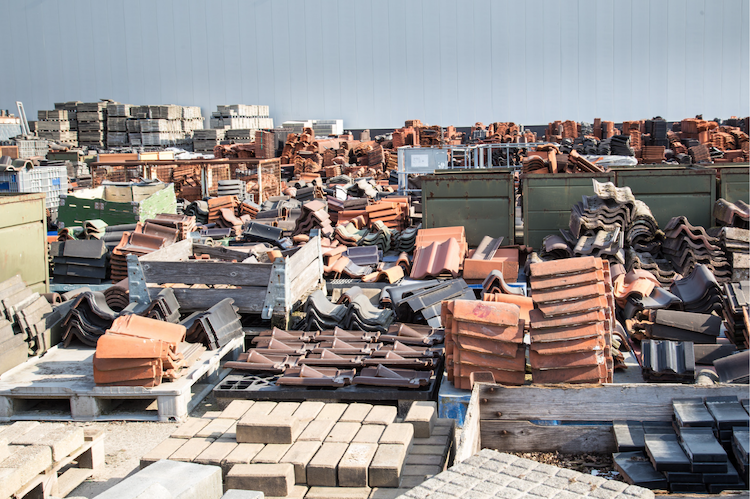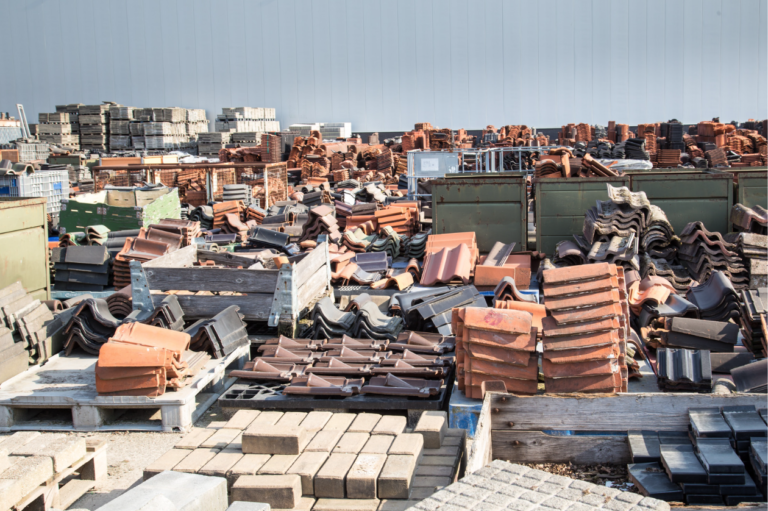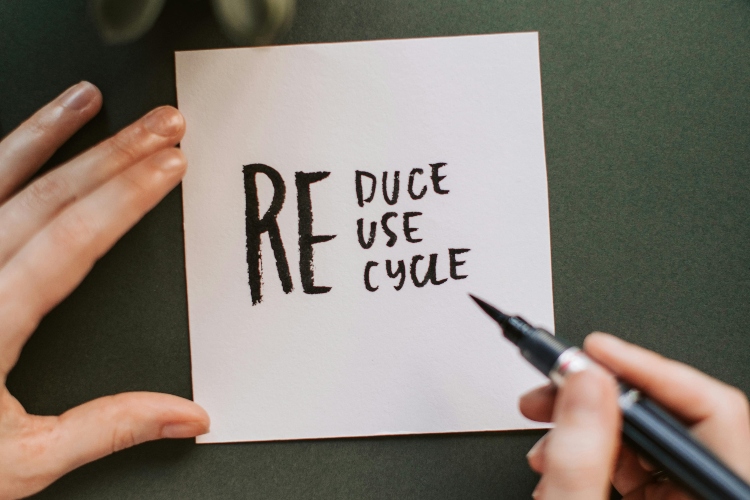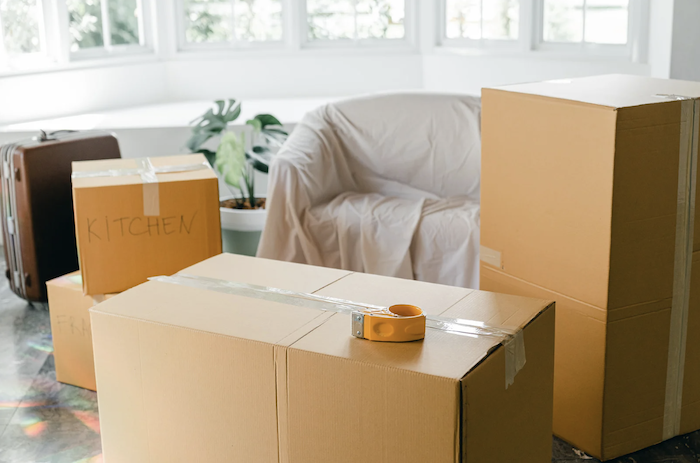When it comes to waste disposal, understanding what can and cannot go into a dumpster is crucial. In this guide we will answer the common question of “What can I put in a dumpster?” Whether you’re doing a big construction project or just cleaning your garage, following the rules helps you dispose of materials safely. Let’s break down what you can put in a dumpster without any issues.
Types of Construction Debris
Construction projects generate various types of waste materials. Construction projects generate a variety of waste materials, often classified as construction debris. These materials can range from building materials to demolition leftovers and renovation discards. Understanding what falls under this category can help ensure proper disposal. This article will cover “What Can I Put In A Dumpster?”
Here is a look at what typically can be disposed of in a dumpster during such projects
Building Materials
During construction, you will likely have leftover building materials such as:
Pieces of wood, old furniture, and even wooden doors and windows can usually be put into a dumpster.
- Drywall
Scraps of drywall from renovations or new installations can be disposed of in most dumpsters.
- Concrete and Bricks
Broken pieces of concrete or bricks are generally allowed, but it is important to check weight limits. Concrete and Brick dumpsters for general waste are not equipped to handle heavy materials like concrete and bricks. These should be disposed of in designated facilities or dumpsters specifically meant for construction debris.
- Roofing Materials
Shingles, tiles, and roofing materials are common items in dumpster rentals for roofing projects.
Hazardous Materials
Certain materials are considered hazardous and should never be put in a dumpster due to environmental and safety concerns. These include:
- Paints and Solvents: Paints, varnishes, and solvents contain harmful chemicals that can contaminate water supplies and soil. Latex paint might be allowed in some cases if it’s completely dried out, but oil-based paints are almost always prohibited. Instead, take these to a hazardous waste facility or participate in a community hazardous waste collection event. Liquid paints and paint thinners are hazardous and should be disposed of through proper channels.
- Pesticides and Herbicides: These substances can be extremely toxic to the environment and human health. They can leach into the ground and water systems, harming wildlife and contaminating drinking water. Proper disposal often involves taking them to specialized facilities or using local disposal programs.
- Batteries: Whether they are household, automotive, or rechargeable, batteries contain metals and chemicals that are harmful if not disposed of properly. Many stores and community programs offer battery recycling services. Car batteries or any other types of batteries can contain harmful chemicals and need special disposal.
- Fluorescent Bulbs: Fluorescent bulbs contain mercury, which is hazardous to the environment. These should be taken to designated recycling centers where the mercury can be safely extracted and reused.
- Asbestos: This highly toxic material, often found in older buildings, requires professional removal and disposal. Dumping asbestos in a dumpster can pose severe health risks to anyone who comes into contact with it. Materials containing asbestos are highly regulated and require special handling and disposal procedures.
- Chemicals: Pesticides, cleaning agents, and other chemicals should be disposed of at designated hazardous waste facilities.
Hopefully, you are starting to learn some answers to “What can I put in a dumpster?”
Flammable and Explosive Materials
- Propane Tanks: Even empty propane tanks can pose a significant explosion risk. They should be taken to facilities equipped to handle flammable materials safely.
- Gasoline and Other Fuels: These are highly flammable and pose a severe risk if disposed of in a dumpster. Instead, they should be taken to hazardous waste disposal sites.
- Fireworks and Ammunition: Disposing of fireworks and ammunition in a dumpster is extremely dangerous due to the risk of explosion. Local authorities or specialized disposal programs can safely handle these items.

Waste Disposal Tips
Proper disposal ensures that materials are handled responsibly. Here are some tips:
- Separate Recyclables
Whenever possible, separate recyclable materials like cardboard, metal, and certain plastics for recycling rather than landfill disposal.
- Bagging Waste
Bagging loose materials helps keep the dumpster tidy and prevents debris from flying out during transportation.
- Consult Regulations
Local regulations may vary, so it is wise to check with your dumpster rental company or local authorities for specific guidelines.
Household and Furniture Items
Aside from construction debris, dumpsters can also be used for disposing of household items and furniture.
- Upholstered Furniture
Couches, chairs, and mattresses are generally accepted in dumpsters.
- Wooden Furniture
Old cabinets, broken tables, and other wooden furniture pieces from renovation or clear-out projects can generally be disposed of in a dumpster.
- Appliances
Old appliances like refrigerators, stoves, and dishwashers are typically allowed, but may require special handling due to their size and weight.
- Electronic Waste
TVs, computers, and other electronics may have specific disposal requirements, so it is best to check beforehand. Old computers, televisions, and other electronics often contain heavy metals and should be recycled through certified e-waste disposal programs.
- Chemicals Paints
solvents, pesticides, and household cleaners contain hazardous chemicals that can contaminate soil and water if not disposed of properly.
- Tires
Tires are not biodegradable and can create significant environmental hazards if not disposed of correctly. Many tire shops and recycling centers will accept old tires for recycling or proper disposal.
Hopefully, now you are starting to learn more about “What can I put in a dumpster?”
Food Waste and Other Exclusions
Dumpsters are not suitable for all types of waste. Here are some materials that should not go into a dumpster:
- Food Waste
Rotting food and other organic materials can attract pests and cause odors, so they should be composted or disposed of through other means.
- Medical Waste
Needles, syringes, and other medical waste must be disposed of using designated medical waste disposal services.
- Flammable Materials
Gasoline, propane tanks, and other flammable materials pose serious safety hazards and are prohibited in dumpsters.
Legal and Environmental Considerations
- Items Banned by Local Regulations: Local regulations vary, and what might be acceptable in one area could be prohibited in another. Always check with your local waste management authorities to ensure compliance.
- Items That Can Be Recycled: Many items that people commonly throw away can be recycled instead. Metals, certain plastics, and paper products should be separated for recycling to reduce landfill waste and conserve resources.
What Can I Put In A Dumpster?
This guide answered the question “What can I put in a dumpster?” Understanding what can go into a dumpster ensures that your waste disposal efforts are efficient, safe, and compliant with local regulations. Whether you’re building or cleaning, following rules protects the environment and community.
Ask the experts at ALC Disposal or local authorities if you’re unsure about what can go in a dumpster. They can help clarify any questions. By disposing of materials responsibly, we all contribute to a cleaner and safer environment for everyone.


